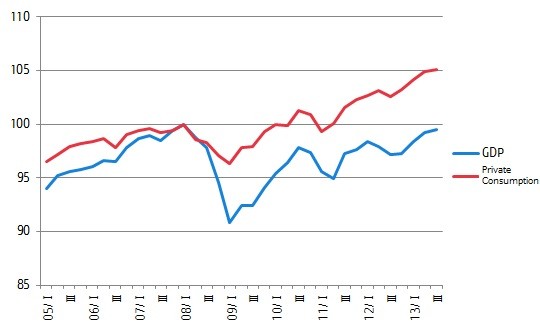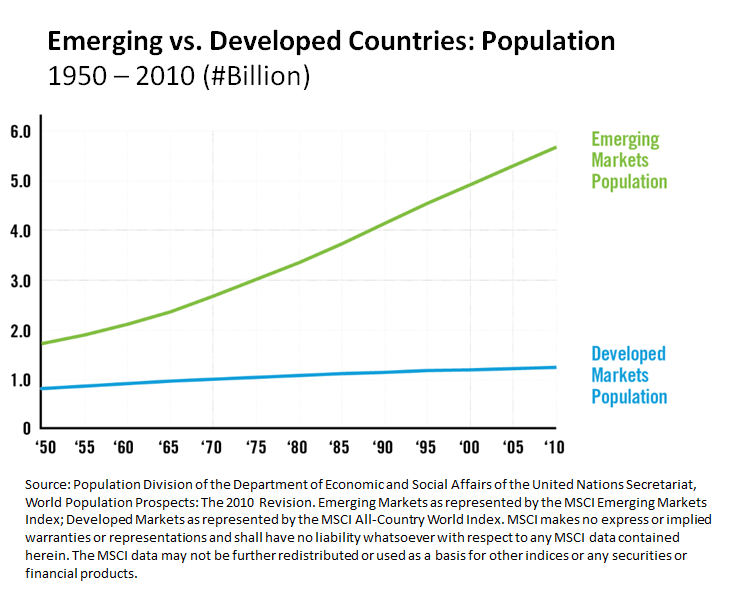Reasons To Remain Optimistic On The Japanese Economy
Post on: 31 Март, 2015 No Comment

Summary
- There is a bright side to the recession in Japan.
- The Bank of Japan increased its monthly purchase of long-term government bonds to tackle deflation.
- Falling oil prices and a weaker yen adds more benefits.
- An attractive market may provide ultimate net benefits to investors willing to purchase Japanese assets.

The Japanese economy, the world’s third largest economy, unexpectedly got sent into a technical recession with two consecutive quarter GDP values falling below 0%. The recession is Japan’s fourth since the onset of the financial crisis in 2007 with recent figures revealing Japan’s real, annualised GDP reduced by 7.3% in April to June and shrank again by 1.6% in July to September (see below). The faltered economy is mainly due the sales tax climb to 8% from 5% and has lead to less consumer spending.
However there are three main reasons to remain optimistic about the Japanese economy.
- The Bank of Japan significantly increased its quantitative easing program by injecting 80 trillion yen into the financial system, through government bonds purchases, to increase GDP values to meet the government’s 2% inflation target. This potentially increases consumer spending through encouraged lending and higher equity and bond prices as demand increases.
- The drastic fall in crude oil prices will definitely benefit Asia’s third-biggest energy consumer. The collapse of more than 50% in oil prices since last June will generate cost savings for consumers as it acts like a tax cut and enables them to spend more on other things. Most companies will also benefit from the low oil prices as raw materials and transport costs are reduced, therefore boosting profitability.
- The yen weakened against the US dollar to a new five-year low (as seen below — where a high number equals a weaker yen). The diminishing value of the yen provides an advantage to Japan’s exporting sector, as cheaper prices will be attractive to foreign buyers. The weaker yen translates into higher profits for many exporting companies and higher profits will encourage increased investment and employee hiring. This will eventually provide better overall returns for the economy. However, one of the potential downsides to the reducing dollar/yen is the damage to purchasing power i.e. making imports more expensive.
In my view, Japanese stocks for 2015 show up in cheap valuations and therefore remain at a bargain value in comparison to other global counterparts. Japanese equities are likely to increase in value with officials implementing new structural reforms and therefore the recent setback in the economy provides an excellent opportunity to invest in successful Japanese businesses at a depressed price.
Disclosure: The author has no positions in any stocks mentioned, and no plans to initiate any positions within the next 72 hours. (More. ) The author wrote this article themselves, and it expresses their own opinions. The author is not receiving compensation for it (other than from Seeking Alpha). The author has no business relationship with any company whose stock is mentioned in this article.














